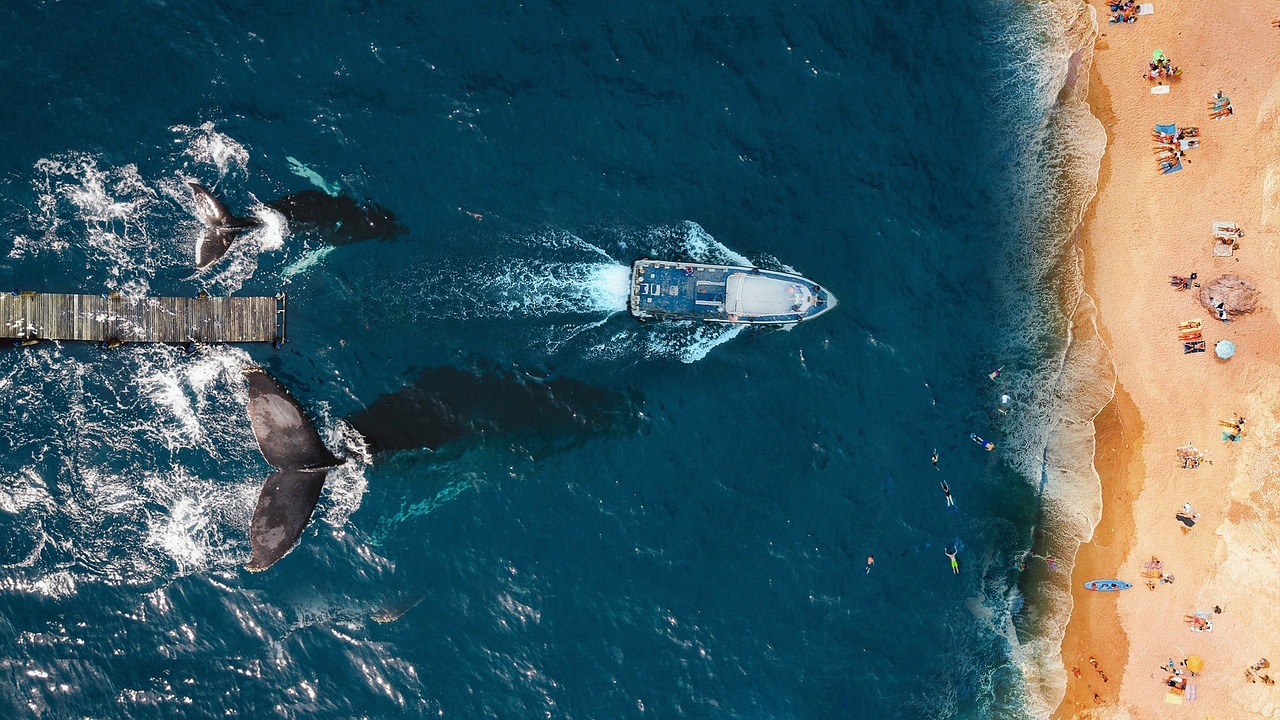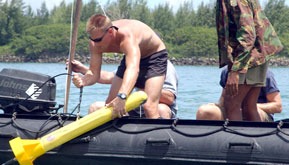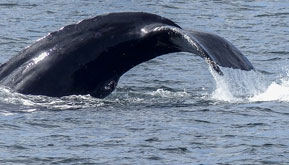Seeing whales beach is a tragic and moving experience. They are one of the most magnificent and intelligent creatures on earth who are naturally expert navigators but seeing them lying on the beach, dying, is a stomach-churning sight. Individual whales can strand themselves for simple reasons like injury, illness and old age. But mass strandings occur in many beaches of the world over history.
One of the major mass beaching incidents happened on a couple of days during February 2017 where more than 650 pilot whales were discovered beaching themselves on New Zealand’s South Island. About 330 of them died, out of which 20 had to be euthanized, 220 re-beached themselves on high tide and 100 made it back to the sea with the help of human efforts. This is the second largest mass beaching of whales in recorded history.
But why do whales in large groups end up getting beached? Nobody knows for sure, but scientists have different theories.
First, whales are social creatures that often travel in large groups called pods as a survival strategy. For pilot whales, they have matriarch or a female leader that navigate them through the sea. If the dominant whale becomes sick, injured or disoriented, she might lead the pod towards the shore where they can become stuck and end up beaching themselves. If she died, it could explain why the group gets lost and stuck in shallow waters repeatedly.
It is observed that confusion, sickness, being disoriented, injury and death are the main reasons for whale beaching. These can be caused by the following:
1. Man-made sonar
Some scientists, biologists, and government researchers speculate that underwater sonar pulses can startle and disorient whales, possibly scaring them as they seek refuge in shallow waters. There is some evidence that the use of man-made sonar can interfere with whales’ brainwaves and their sense of echolocation, causing the whales to lose the sense of direction. Naval exercises that use high-powered sonar and submarine detection using mid-frequency sonar waves have been linked to mass strandings of whales. The US Navy is taking action to address this issue.
However, the question of how sonar pulses harm whales or why certain species become more affected by the others are still left unanswered.
2. Pollution
Pollutants in water, such as oil spills, gas, and acids, as well as the accumulation of waste can cause whales to become sick or poisoned.
3. Environmental changes
Global warming also affects whales. Melting icebergs, rough weather, changes in tides and temperature, and shifting food sources may force whales to relocate, causing them to behave differently and possibly, beach themselves after reaching shallow waters. Red tides, wherein microscopic algal bloom occurs and releases toxins, also cause whale poisoning.
4. Natural diseases
Just as humans suffer from sicknesses, marine mammals can also experience natural diseases that are beyond their control. Several mass strandings along the US eastern seaboard during 1987 and 1988 were caused by morbillivirus (related to measles in humans) outbreak among dolphins from the North Atlantic.
There are also recorded cases of whales catching pneumonia, causing them to swim to the shore and beach themselves.
5. Traumas caused by elements or machines in the environment
Generally, whales have a good sense of direction, but there are instances when a whale may collide with ships, submarines or large rocks, causing injury and disorientation. If this happens to the leader whale, it can cause accidental stranding for a group of whales.
6. Changes in Earth’s magnetic field
Some strandings have been speculated to be related to abnormalities in the magnetic field. Some biologists suggest that this can interfere with the biological navigation of whales, causing them to lose the sense of direction.
7. Attacks from other marine mammals
Sometimes, people encounter an injured whale on the beach. It might have beached itself in an attempt to escape its attackers like sharks and killer whales. However, many end up being dead on the shore, rather than being safe.
As stated earlier, these are just possible causes. Results of necropsy on the diseased stranded whales last February will help researchers understand and prevent future mass strandings. However, these reasons are worth noting because some of these problems are caused by humans and can be prevented.
Note from our sponsors:
Online travel loans
At Cashfloat online, we do our best to give you the smoothest experience possible when applying online. We use advanced technology to be able to offer you the best service and to ensure that your security is not compromised. Cashfloat online has become a convenient way to fulfill all your travel dreams without having to worry about money. This is because you can easily opt for quick personal loans from online lenders and pay back over time without compromising on your monthly budget.





